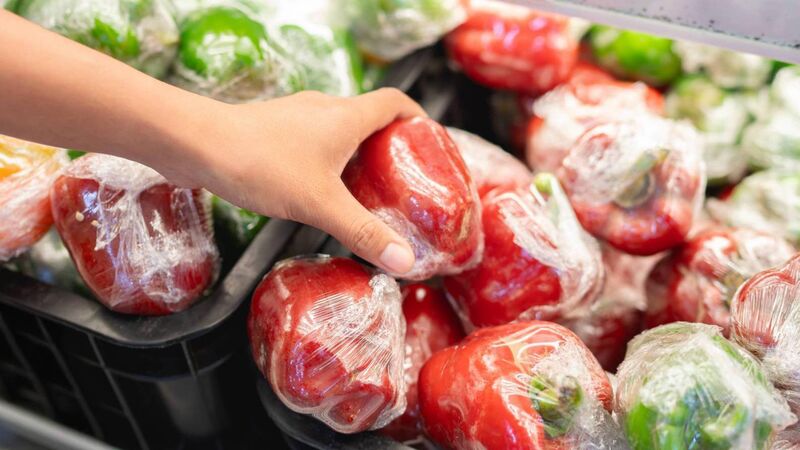No wrap, no waste — just fresh veg goodness

Try from €1.50 / week
SUBSCRIBE
‘It doesn’t have to cost more,’ says Tom Hunt, ‘It can be cheaper to buy a loose, seasonal turnip than an imported, plastic-wrapped pepper.’
ONCE you become aware of microplastics, it suddenly seems as if they are everywhere. That’s because they are, even if a lot of the time you can’t see them.
Primary microplastics are found in cosmetics (for example, microbeads) or shed from synthetic textiles, like microfiber cloths or plastic scrubbing sponges. Secondary microplastics come from the disintegration of larger plastic objects.
Already a subscriber? Sign in
You have reached your article limit.
Annual €130 €80
Best value
Monthly €12€6 / month
Introductory offers for new customers. Annual billed once for first year. Renews at €130. Monthly initial discount (first 3 months) billed monthly, then €12 a month. Ts&Cs apply.
Newsletter
Feast on delicious recipes and eat your way across the island with the best reviews from our award-winning food writers.
Newsletter
The best food, health, entertainment and lifestyle content from the Irish Examiner, direct to your inbox.
© Examiner Echo Group Limited